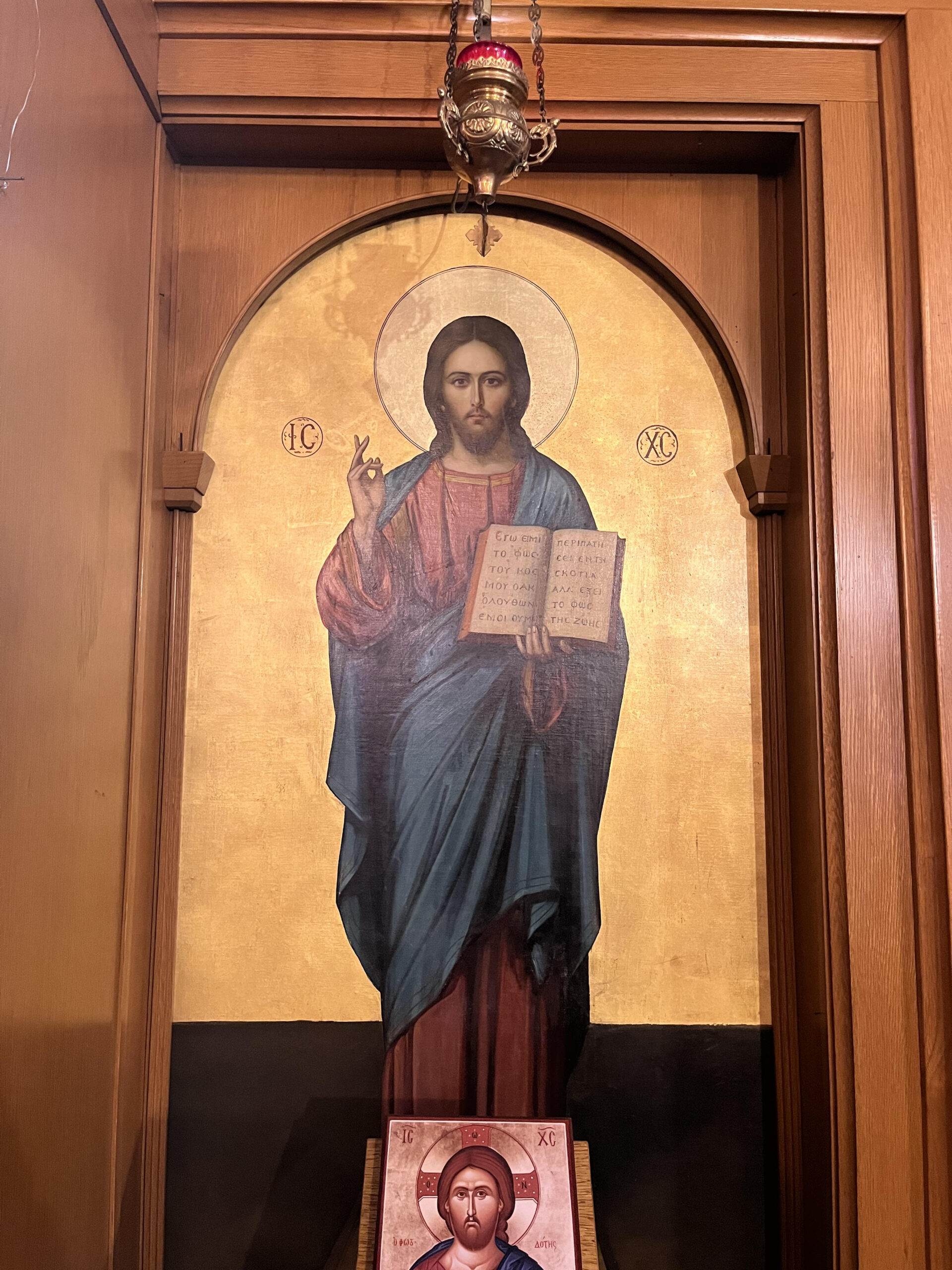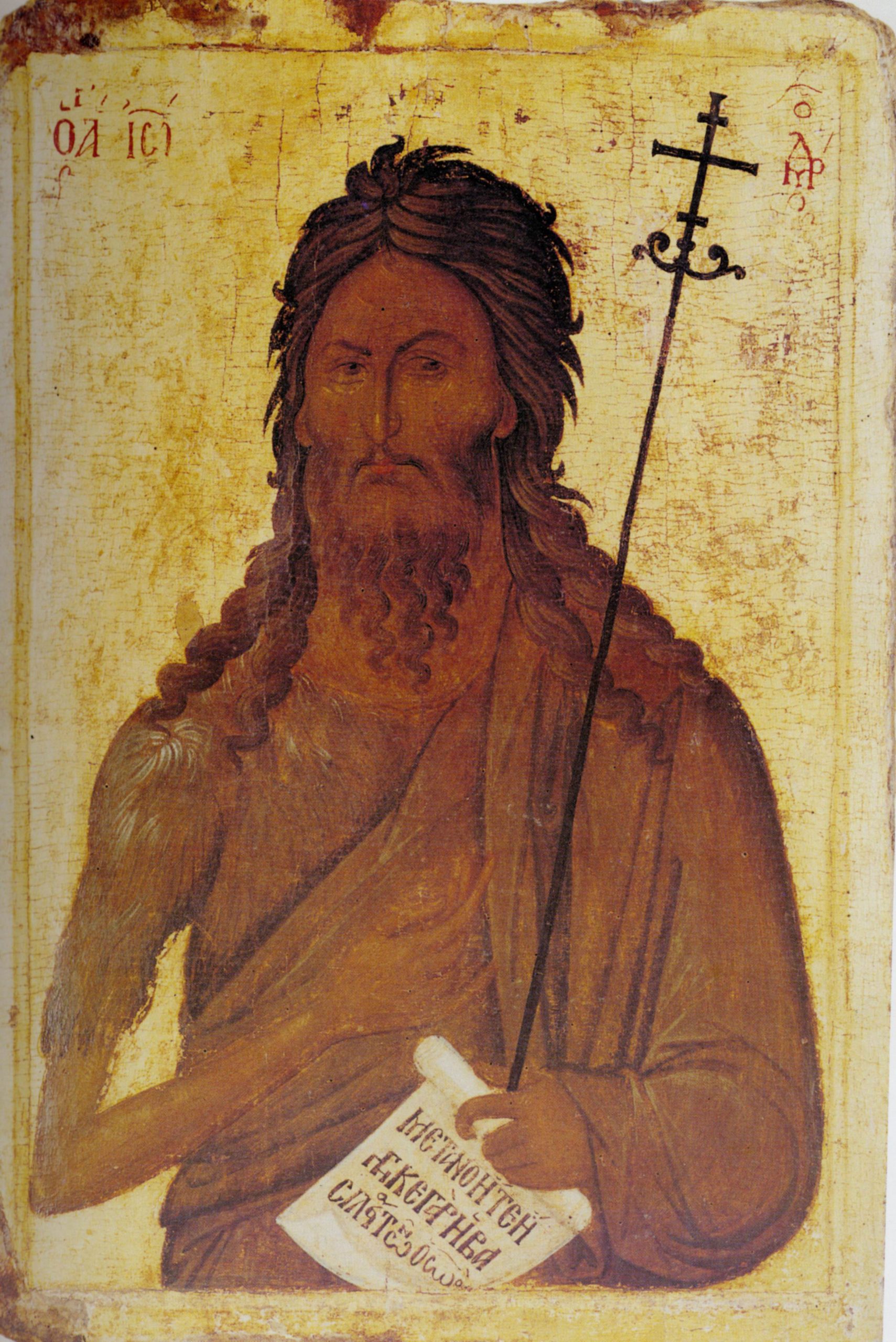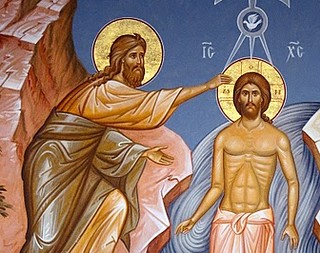When Christ who is our life appears, then you also will appear with Him in glory. Put to death therefore what is earthly in you: fornication, impurity, passion, evil desire, and covetousness, which is idolatry. On account of these the wrath of God is coming. In these you once walked, when you lived in them. But now put them all away: anger, wrath, malice, slander, and foul talk from your mouth. Do not lie to one another, seeing that you have put off the old nature with its practices and have put on the new nature, which is being renewed in knowledge after the image of its creator. Here there cannot be Greek and Jew, circumcised and uncircumcised, barbarian, Scythian, slave, free man, but Christ is all, and in all.
Colossians 3:4-11 (Epistle of the 29th Sunday)
Is there anything that distinguishes the life of a Christian from the life of a non-Christian? Is there anything that distinguishes your life as a Christian from those who aren’t? This is not about being distinguished in the sense of a Christian is better than a non-Christian. This is more about behavior. Can anyone tell the difference between the behavior of a person who is Christian from one who is not Christian? If a Christian is still filled with anger, wrath, malice, slander and foul talk, what really makes them different from non-Christians who are doing the same thing?
Saint Paul, in the Epistle to the Colossians, points us to the new life in Christ. There are earthly desires which are attractive to every person, in this fallen world. And these earthly desires are not congruent with a life in Christ. If heaven is going to be an eternal life with Christ, then while on earth, we need to be living a life in Christ. In fact, our entrance into the heavenly kingdom will be based on our earthly life in Christ. To make this more understandable, a person will get into college based largely on his or her high school grades. If a person is a good student in high school, a college will have an incentive to admit them to the college reasoning that their good studies will continue. If a person is not a good student in high school, a college will not want to admit them, reasoning that they are unprepared for college based on their poor studies in high school. In like fashion, our life on earth is a preparation for eternal life. So, if we are living an ungodly life, we will be unprepared to be with God in heaven.
In the Epistle lesson of this Sunday, St. Paul talks about the kind of life we are supposed to be living in preparation for the Kingdom of God. He tells us that we need to put to death the things that are of an earthly nature—sexual immorality, impurity, lust, evil desires and greed. (Colossians 3:5) He says that these things are idolatry. What does idolatry mean? It means that these things become our idols, our gods. They get our attention and our desire. And if these things become our idols, then where is our room for God? Only one person or entity can take the first place in our lives. Is it God? Or something ungodly?
Saint Paul concedes that people once walked in the way of these immoral things. And that’s okay. Our past does not necessary make our future doomed. This is where repentance comes in. Repentance is the desire to change bad behavior, to right the wrongs of the past, and to look to the future of eternal life by living a life in Christ today. And to live in Christ today means to put away anger, rage, malice, slander, and filthy language. It means to put away lying. Wow, is that a tall order or what? Because in the last year, heck in the last week, I’ve done some of these very things. I’ve been angry, I have felt rage. I used words that were unkind. Am I doomed? The answer is no. The Bible and our two thousand years of church history are filled with important, even saintly figures, who fought this battle to be Christ-like throughout their lives. Look at the disciples—even after being called and after following, many of them still made some pretty egregious errors.
The point of the Christian life then isn’t to live an error-free life. No one can do that. The goal of the Christian life is continual repentance, a continuous recognition of the ways we miss the mark and a continued work at correcting our path and centering it on Christ.
A large icon of Christ is on the right side of every icon screen in every Orthodox Church. Let’s say that our goal is to stand with that icon, with nothing else distracting us. When a person stands in the back of the church, there is a lot going on visually. There are icons, cars passing by that can be seen through the windows, lots of distractions from Christ. If a person takes ten steps forward in the church, ten steps towards the icon of Christ in the front, there are still lots of distractions, but the person is ten steps closer. Take one step at a time, walk closer towards Christ, and there will still be distractions and other things to take our attention off of Him, but those things will lesson. If we take no steps, there will be no progress, nothing will change. One step at a time eventually leads us to be standing directly in front of the icon of Christ, where there are no distractions, where, as St. Paul writes, “Christ is all and in all.” (3:11) And this is how we want to end our lives—with Christ as our all. This is ideally how we want to live our lives, but in some ways, that is impossible in this fallen world. The work then becomes taking steps closer to Christ, and when we have a setback, when we’ve fallen back a few steps, to still continue to walk towards Christ even if we have to retrace steps we’d already taken.
This Epistle lesson gives us a list of concrete things to avoid—sexual immorality, impurity, lust, evil desires, greed, anger, rage, malice, slander, foul language and lying. Instead we are to “put on the new self, which is being renewed in knowledge in the image of its Creator.” (3:10) This starts with a daily decision to follow after Christ, regardless of how one might have failed yesterday.
So if you are reading this message at the beginning of the day, make an effort to be Christ-centered today. And if you are reading the message at the end of the day and its been a bad day, wake up focused tomorrow. Because any day offers us the possibility of taking steps towards Christ, and that’s what this life is ultimately all about.
Lord, after You smashed the eternal bars and broke the bonds, You rose from the tomb and left the grave clothes behind as evidence that truly You had been buried for three days. And You proceeded to Galilee, You who were in custody in a rock-hewn tomb. Great is Your mercy, incomprehensible Savior! Have mercy on us. (Second Resurrectional Praise, Plagal 1st Tone, Trans. by Fr. Seraphim Dedes)
Walk towards Christ today!


